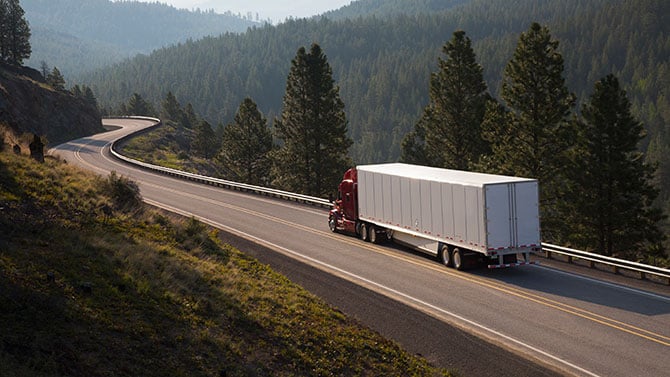{{item.title}}
{{item.text}}

{{item.title}}
{{item.text}}
The global economy is changing at an unprecedented pace, as is the legislative framework. With PwC, you have a partner on your side who can optimise and accelerate your customs and international trade business processes and effectively guide your interactions with customs authorities through our international experience. If you are considering implementing an ERP system or upgrading an existing system to (better) cover your customs and international trade obligations, PwC is the global partner of choice.
Current legislation is mainly written with simple transactions in mind. Lawmakers are therefore busy seeking new approaches to meet today's challenges. This will result in a significant revision of the legislative framework in the coming years.
This legislative framework is not only to introduce a different approach towards customs and international trade, it is also to cover a wide variety of new initiatives. This makes it even harder to keep up to pace.
Especially in the area of ESG (environmental, social and governance) many new developments are kicking in, such as:
Together with an increased relevance of sanctions, trade restrictions, trade disputes and new Free Trade Agreements being implemented, it is clear that data has never been this important.
With PwC, you have a partner at your side that can optimize and accelerate your business processes in customs and international trade. Our experts have many years of experience in the field and stand for an integrated approach. Let’s discuss your challenges in international trade, such as:
PwC’s human led and tech enabled approach will make the difference for your business.
Learn more about Technology & Customs and international trade
When considering the implementation of an ERP system or upgrading an existing system to (better) cover your customs and international trade obligations, PwC is the go-to party. Not only can we provide the necessary technical capabilities (up to full system operation), we are specialists in bridging the gap between operational needs and technological capabilities.
We help you prepare a blueprint that clearly defines your business needs, from outlining your supply chains and efficient planning, to the lesser-known regulatory requirements, within the boundaries of the ERP solution under consideration.
The advantage of this approach is that the ERP system does now contain all the relevant information to perform efficient controls, create reports and share data with other systems. This is in contrast to situations where formalities are handled by third parties (such as customs agents) or through separate systems and applications.
Apart from topics such as ERP implementation, export controls and sanctions and customs litigation, we are the go-to company for advice and support were it concerns the core of customs, namely:
Tariff classification plays a major role in determining the customs duty burden as well as in the applicability of a wide variety of economic policy measures (such as licensing, quota, additional taxation or minimum / maximum prices). A different tariff classification of a product may therefore have considerable consequences for your business.
The taxable basis for most levies at import is the customs value. Therefore, determining the customs value of goods is of utmost importance. The legislative framework to do so originates from the 80’s. It goes without saying that business practice has changed dramatically ever since, resulting in many issues.
Goods being imported may be subject to multiple transactions and multiple parties involved providing services to the goods itself or to the sales transaction of the goods. Furthermore, a still growing volume of transactions is regarding intercompany sales and may be subject to a variety of royalty payments, distribution fees and intellectual property charges. All of this results in considerably increased complexity for determining the customs value of goods.
Specially for intercompany transactions the difference between customs valuation and transfer pricing results in complexity and discussion. To effectively manage the competing issues, it is critical that not just transfer pricing studies are prepared but a customs valuation analysis is performed as well. PwC can assist you in reviewing and addressing your valuation of goods from both a customs and tax perspective.
The origin of goods is increasingly relevant as it governs a wide range of potential restrictions and requirements (both at import and export) as well as the option to benefit from a reduced rate of duty based on a Free Trade Agreement (preferential origin).
Complexity is mainly coming from the fact that the criteria to consider in determining a product's origin (preferential or non-preferential) are driven by the tariff classification of the product and might (and therefore will) differ per country of destination (specially where it concerns preferential origin).





